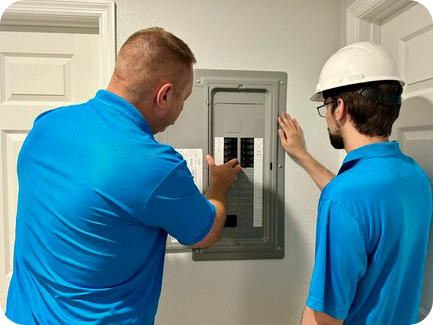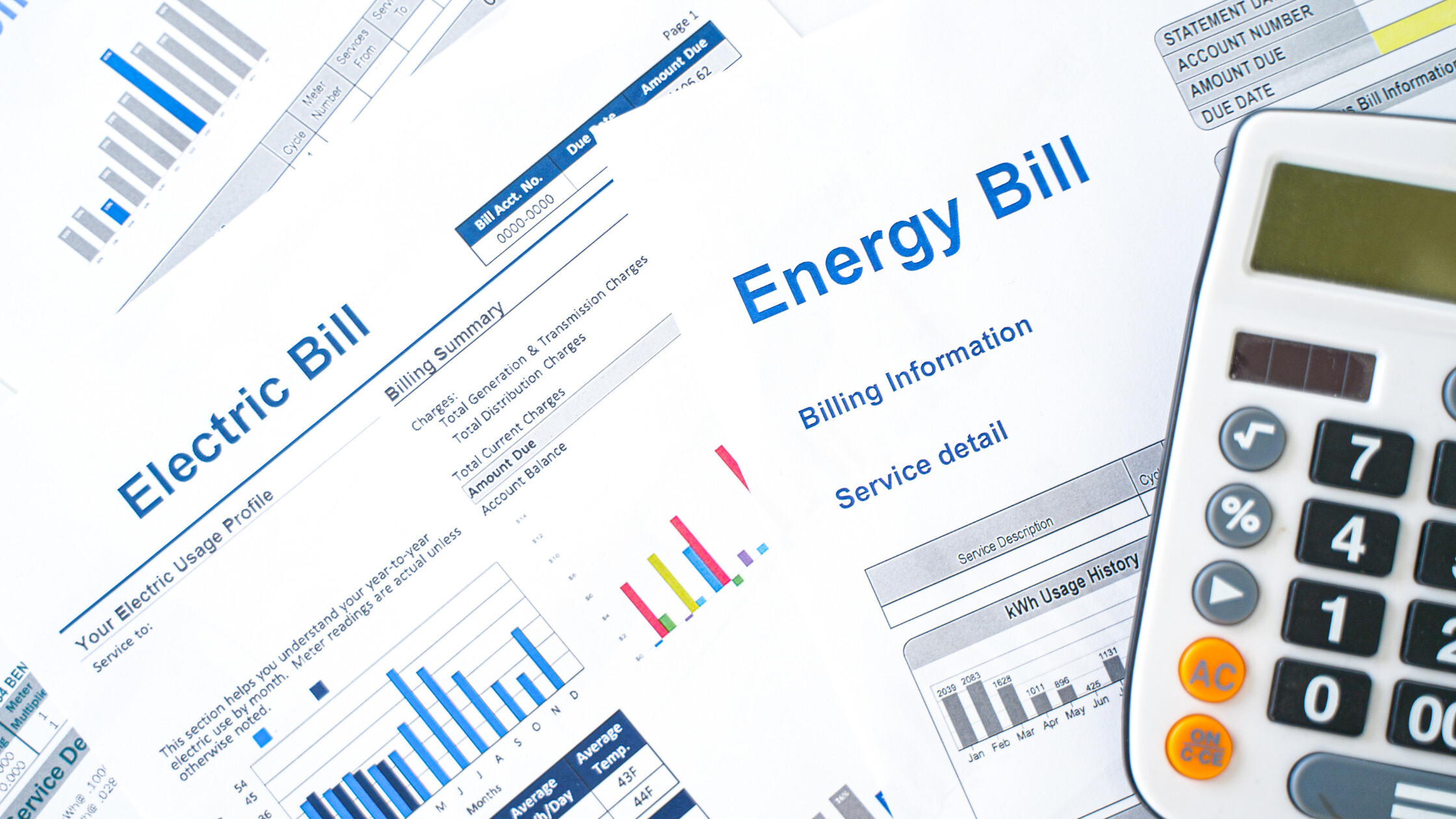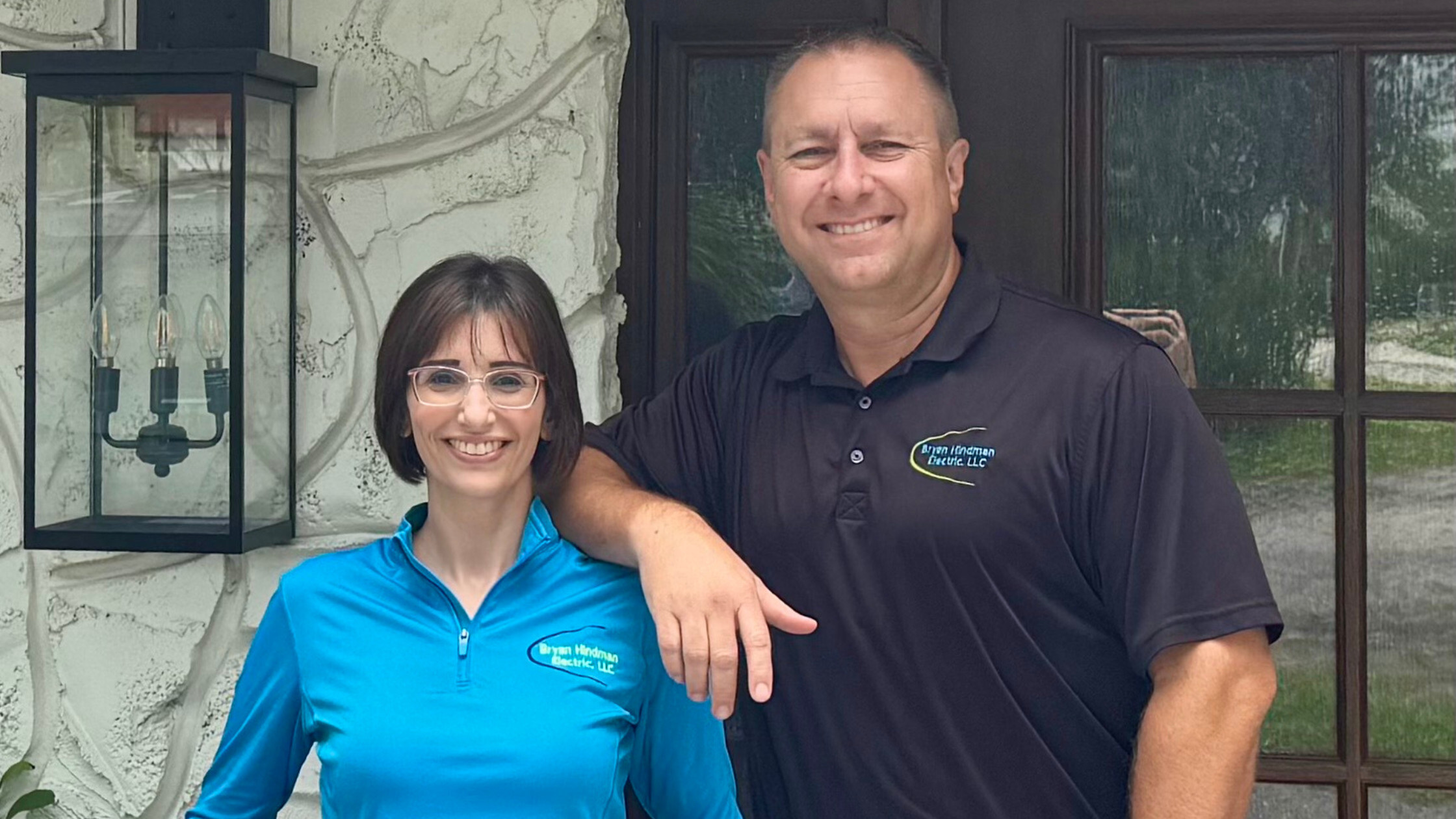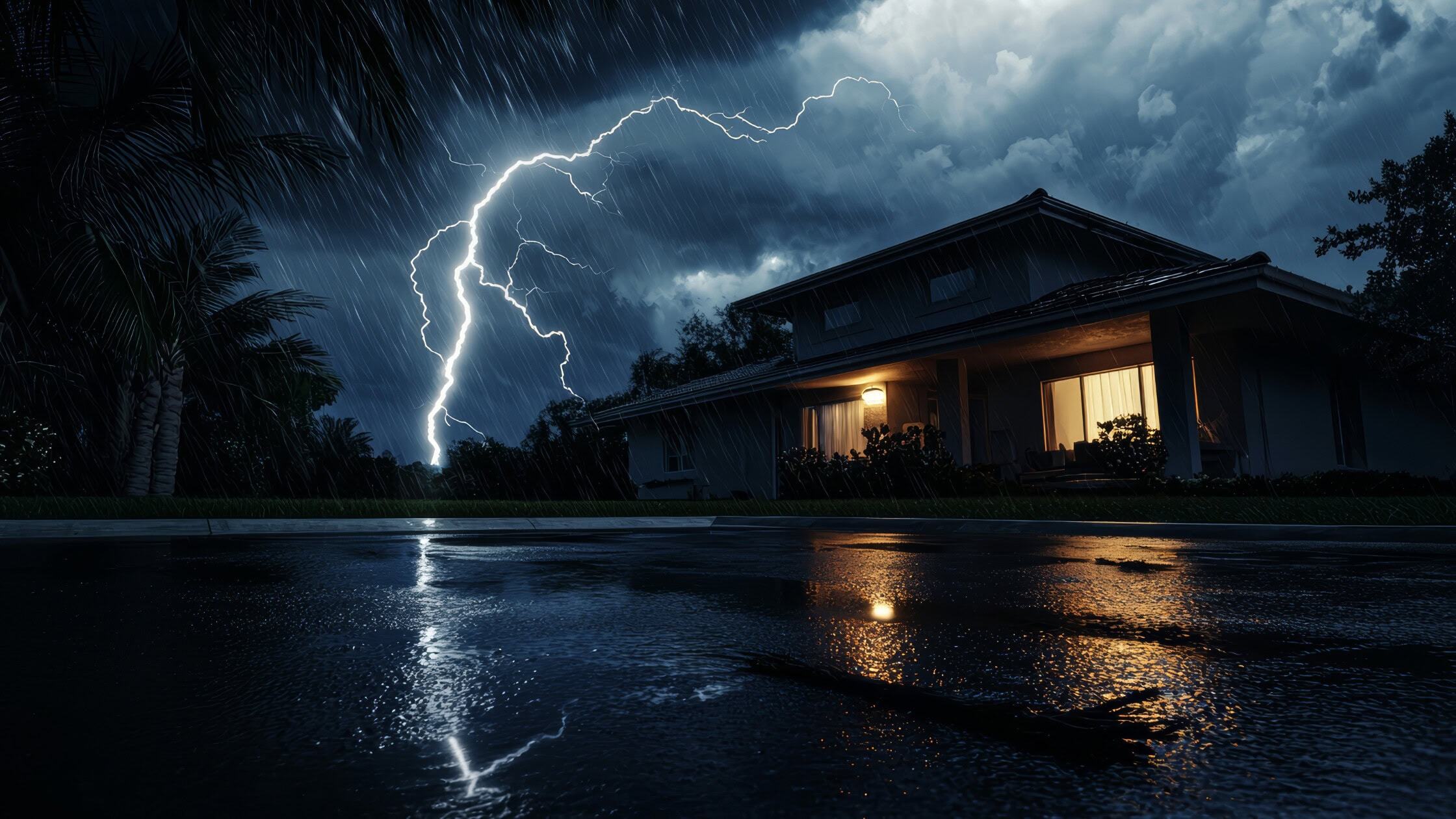Tagged as: Costs, Energy-efficient lighting, TECO
If you’re a homeowner in Hillsborough County, brace yourself: TECO’s residential electric rates are going up starting January 2026—and it won’t be a one-time bump....

A licensed electrician is a certified electrical contractor, with permission from the state to do electrical work. A "license" refers to a contractor license, not a business license, formerly known as a business tax receipt.
In Florida, electricians need to pass tests and get experience before they can become licensed. Here are the steps:
Once they complete these steps, they get a license from the state of Florida. This license shows that they are qualified to work as an electrician.
Electrical contractors are considered master electricians with advanced skills and knowledge. They have more experience and can handle more complex jobs. An electrical contractor is also a business owner who hires other electricians. Electrical contractors must complete continuing education to keep their licenses active, ensuring they are familiar with the latest National Electrical Codes and trends in the trade.
There is no state journeyman electrician license in Florida, but some counties do have them. Journeyman electricians have apprenticed under other electricians and have several years of experience. They are skilled and can work on their own, but they must work under a certified electrical contractor.
Apprentices are just starting their careers. They are learning the trade and working under the supervision of more experienced electricians. They need to gain enough experience and training to move up to the journeyman level.
Being insured means the electrician has special protection in case something goes wrong. There are two main types of insurance that electricians need:
In addition to state requirements, Hillsborough County may have extra rules. Electricians need to follow local codes and regulations, which can include:
Hiring a licensed and insured electrician in Florida means you are getting someone who is trained, experienced, and protected. This ensures that the electrical work in your home or business is done safely and correctly.
There are different levels of electricians, from apprentices learning the trade, to journeyman electricians gaining more skills, to master electricians who become electrical contractors. All of them play important roles in making sure electrical work is done right.
So next time you need electrical work done, make sure to ask if the electrician is licensed and insured. By understanding these important points, you can make better decisions and stay safe when it comes to electrical work.


